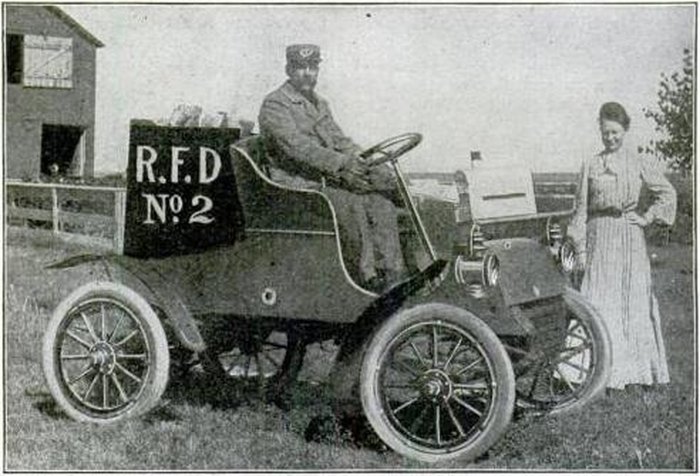|
No country or organization could have done it alone. Just as viruses aren’t constrained by international boundaries, neither are successful efforts to conquer them. Last week’s certification of Africa as free of wild poliovirus is an achievement in global partnership.
African soccer teams in the 1990s raised awareness with a campaign to “Kick Polio Out of Africa.” African rulers and frontline health workers worked hard for that goal. WHO did strategic planning. UNICEF managed vaccines. CDC headed a global laboratory network. Massive support came from Rotary International, the Bill & Melinda Gates Foundation, and dozens of donor governments. Collaboration and commitment made this achievement possible. What other viruses might we conquer if we decide to work together?
4 Comments
My city-bred mother relished the novelties of rural West Virginia. She drove my brother and me to hand pumps outside one-room country schoolhouses, church ladies’ quilt sales on farmhouse lawns, and Eleanor Roosevelt’s experimental community at Arthurdale. The mailbox at the end of our street, which excited me with the possibility of a new Donald Duck or Mickey Mouse, inspired her for its tie to the birthplace of Rural Free Delivery.
Urban door-to-door mail delivery became common after the Civil War. Farmers asked, why must we travel miles into town to pick up our mail, when we pay as much for stamps as everyone else? Pressure from the National Grange and the Farmers’ Alliance overcame Congress’s reluctance to fund vehicles, road improvements, and rural carriers. The Post Office began experimental routes in West Virginia in 1896. RFD expanded quickly and became permanent in 1902. Long before American farm families had radios, telephones, or electricity, RFD connected them to the wider world. Rural delivery would never turn a profit. That was not the intent. Like roads and schools, universal postal service helped unite the nation and served the public good. In my grade school long ago, each day began with the Pledge of Allegiance and a patriotic song. Recent events have me asking, to what were we pledging? The flag is a potent symbol, but of what?
Nation emphasizes people; country emphasizes place. “One nation indivisible” asserts a shared American culture, which my teachers called a melting pot. Historian Frederick Jackson Turner thought an American ethos of self-reliance and individualism arose from the interaction of people with place on the American frontier. “A thoroughfare for freedom beat across the wilderness,” we sang. “Through every mountainside, let freedom ring.” What our public officials and military personnel swear to uphold, however, is neither people nor place, nor any individual or agency, but the United States Constitution. The patriotic songs in my grade school didn’t mention it. It lacks the clarion call of “land of the free, home of the brave” or the tenderness of “land that I love . . . my home, sweet home.” Only in high school and beyond did I realize the Constitution's primary claim on my allegiance as an American. Our neighbor’s Japanese beetle trap is brimming with dead and dying beetles. Maybe I should get one, too. It’s intuitively obvious: More trapped beetles mean a healthier garden, right?
Not so fast. The scent in the trap lures beetles from more than half a mile away. Some wind up in the trap. Others, attracted by the scent, nibble the roses. Unless the trap is placed exactly so and cleaned out frequently, more beetles infest the garden than ever. I thought of the beetle trap on hearing a recent agency chief praised for overseeing a record number of arrests. I lack the expertise or data to know, in his case, whether more arrests improved or worsened public safety. "Intuitively obvious" doesn’t mean accurate. This I do know: To assess the well-being of a garden or a nation, how many beetles have been trapped—or individuals arrested, or guilty verdicts rendered, or jail cells filled—is the wrong question to ask. Did Africans brought to Virginia in 1619 have the same status as “slaves” from Ireland? “Yes!” cry the white supremacists. “No!” retort the anti-racists. While reputable historians differ, today’s furor is more about politics than evidence.
Legal documents of the 1620s and 1630s call the Africans “servants.” Blacks in bondage toiled alongside indentured whites, intermarried with them, escaped with them, rebelled with them. Wealthy white landholders preserved their power through steps to divide and conquer.
|
AuthorI'm a historian who writes novels and literary nonfiction. My home base is Madison, Wisconsin. Archives
July 2024
|


 RSS Feed
RSS Feed